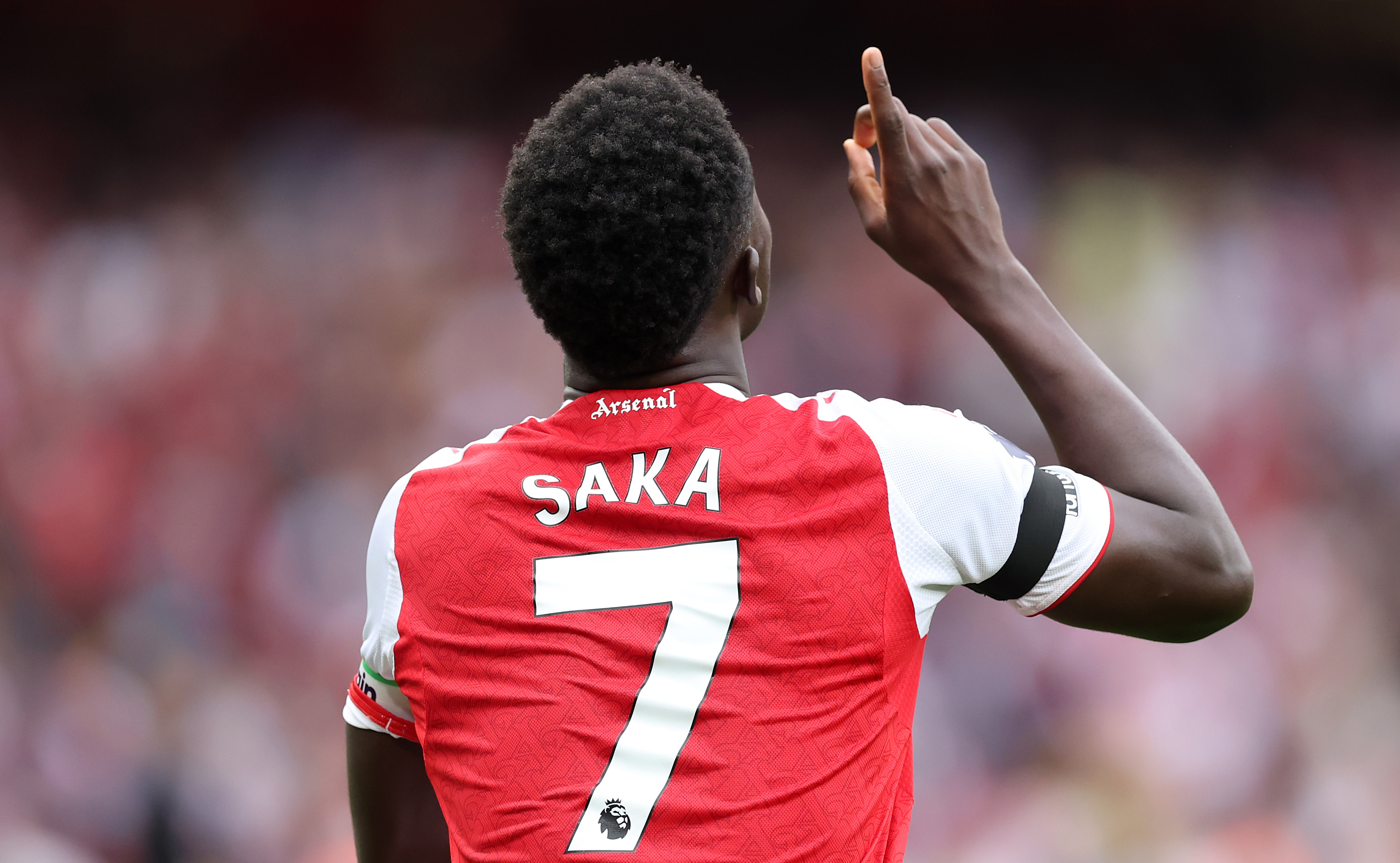Sir David Beckham: Here's the full list of footballing knights that Becks is joining
Reports suggest that David Beckham is set to receive a knighthood - and he would be in very good company alongside some of the great figures in British football history
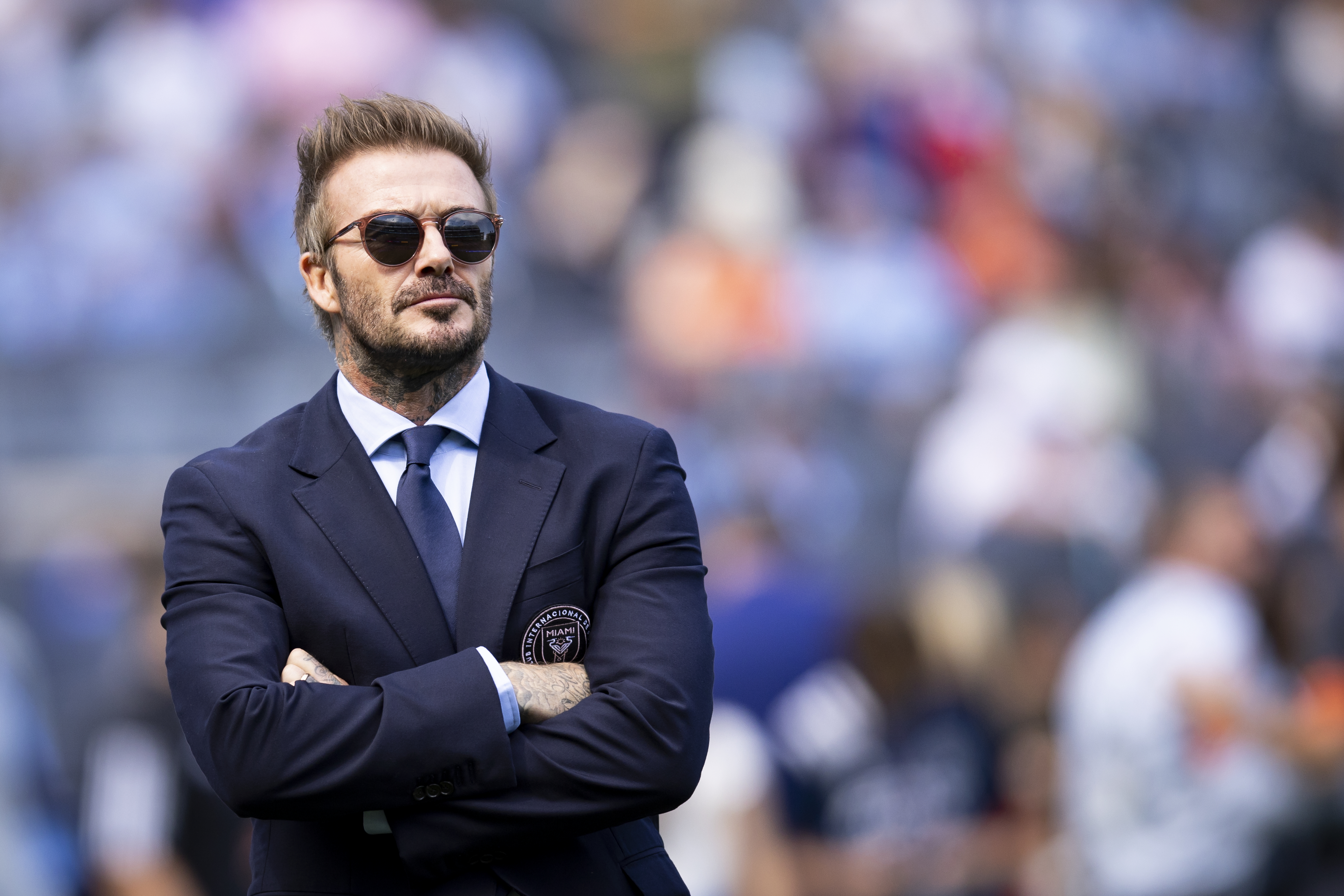
David Beckham is reported to be in line to receive a knighthood in King Charles' birthday honours list next week.
The former Manchester United, Real Madrid and England star is set to be recognised for his football career and 'contributions to British society', according to BBC Sport.
Beckham would be joining a list of some of the most influential and revered figures in the history of British football - though as we'll see, it took a long time for footballers to start getting recognised...
1. Sir Stanley Rous
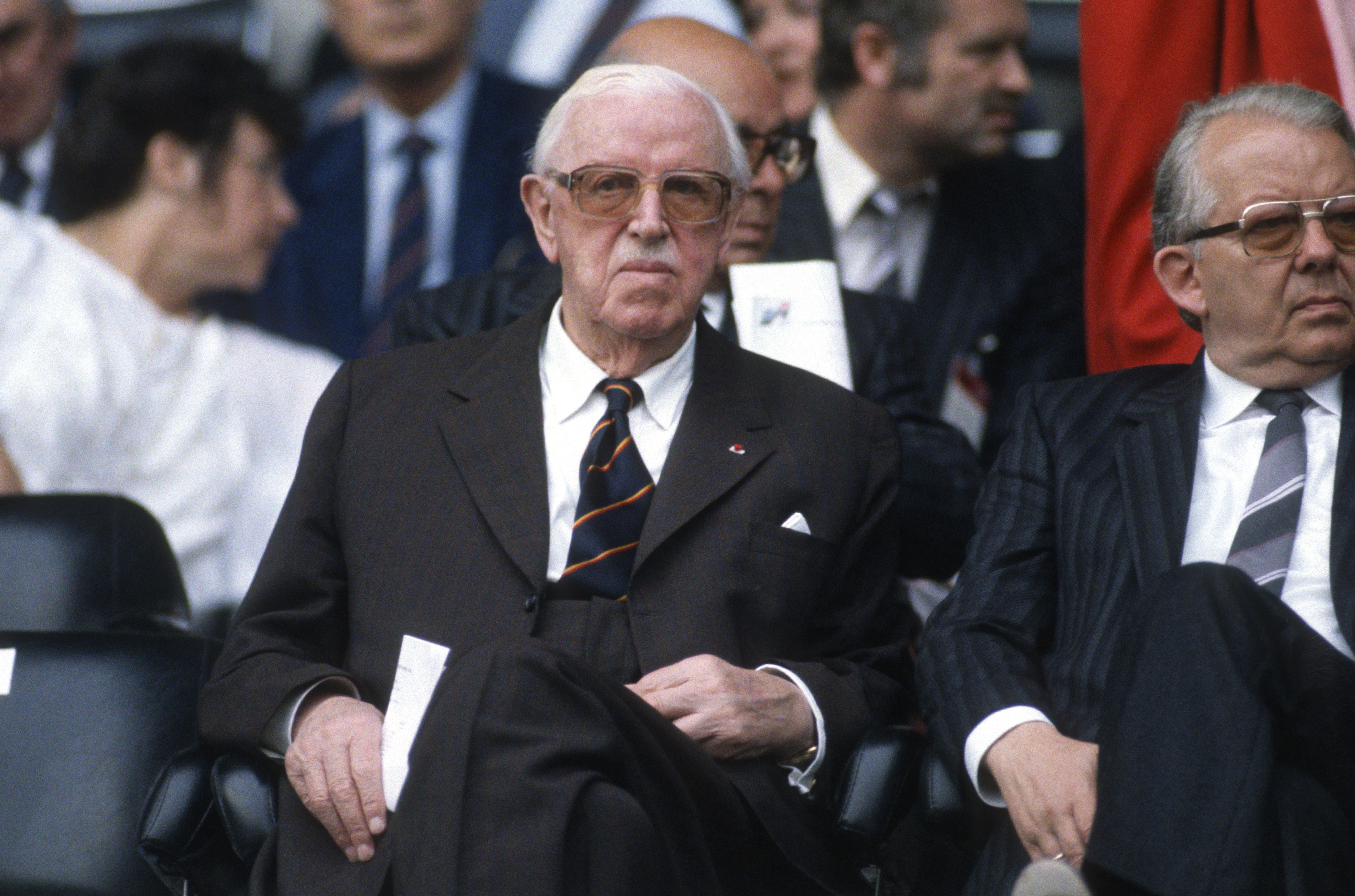
An amateur goalkeeper in his youth, Rous later became an international-standard referee and is recognised for simplifying the Laws of the Game for ease of understanding.
After hanging up his whistle in 1934, Rous served as FA secretary for 28 years - receiving his knighthood in 1949 - before ascending to UEFA and then on to become FIFA president from 1961 to 1974.
Rous' vigorous support for apartheid-era South Africa to be allowed to continue to play during his time as FIFA president is a considerable blot on his record, however.
2. Sir Stanley Matthews
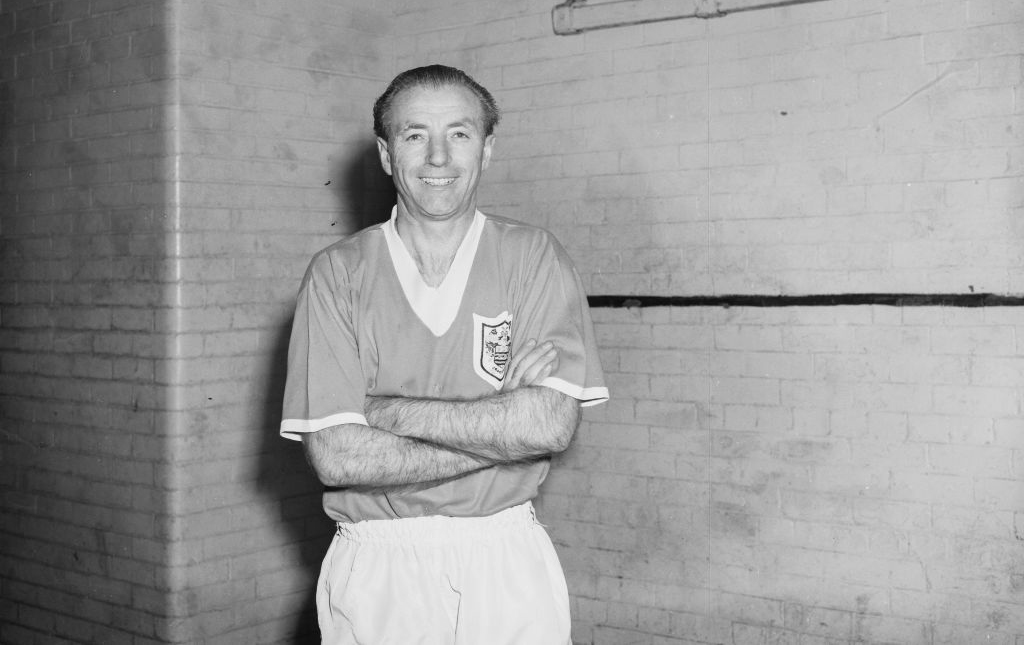
The only footballer ever to be knighted while still playing, and the first to receive one specifically for a career actually playing or managing football.
The best features, fun and footballing quizzes, straight to your inbox every week.
Sir Stanley received the honour on New Year's Day 1965, just a few months before hanging up his boots at the age of 50 after an astonishingly long career with Stoke and Blackpool (with loan spells in Toronto).
Regarded as the finest British footballer of his era, and possibly even the best in Europe or the World, Matthews holds the distinction of being the first player ever to win the Ballon d'Or, doing so in 1956.
3. Sir Alf Ramsey
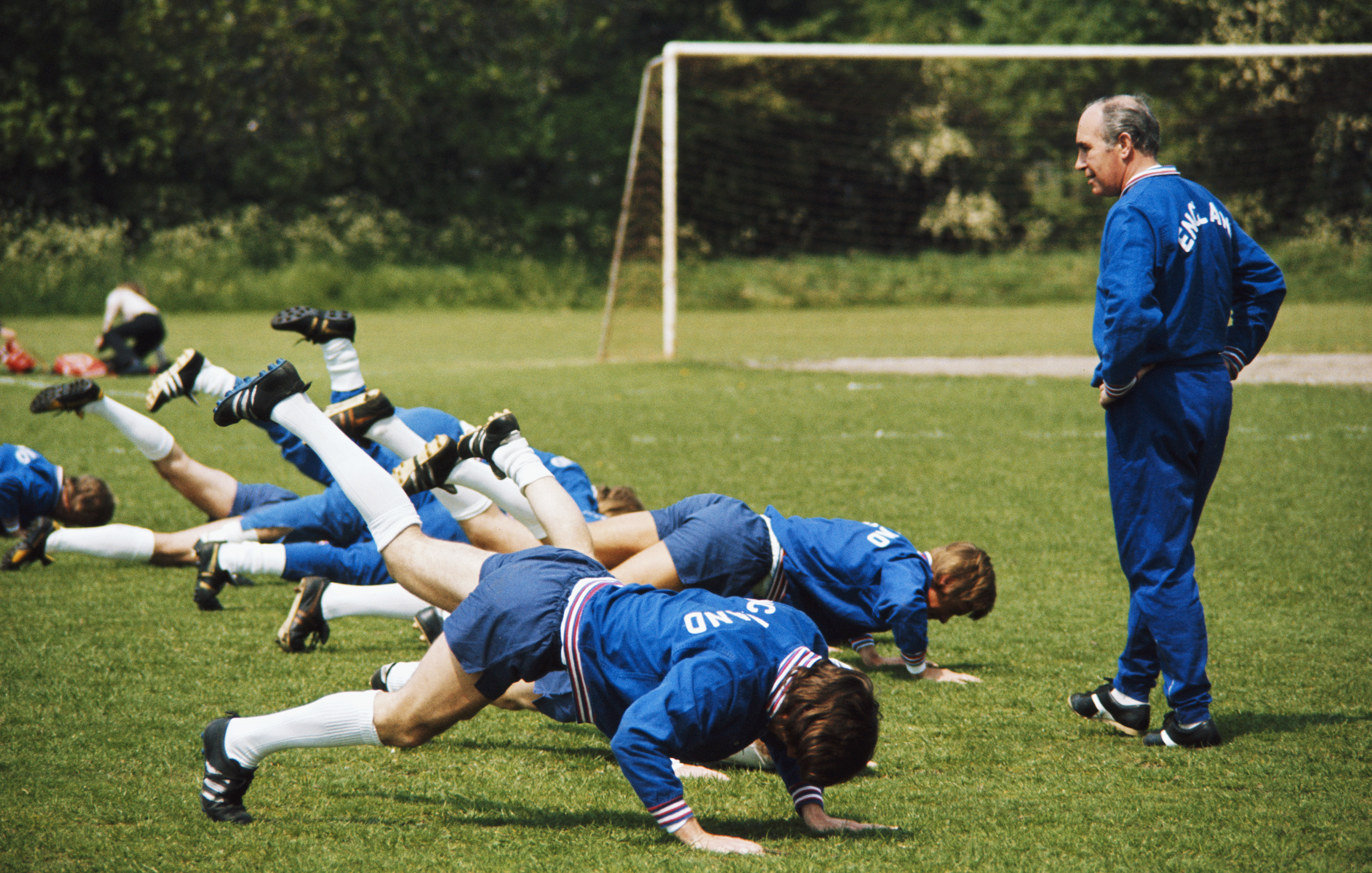
Still only England's only World Cup-winning manager, not that we like to go on about it or anything.
Sir Alf had got the job after leading Ipswich from the obscurity of Division Three South all the way to winning the English league title in 1962.
Ramsey's England won the World Cup at the first time of asking in 1966 and took England to the semis in the Euros two years later. That was as good as it ever got, but more than enough to become the first person to be recognised with a knighthood for their managerial accomplishments.
4. Sir Matt Busby
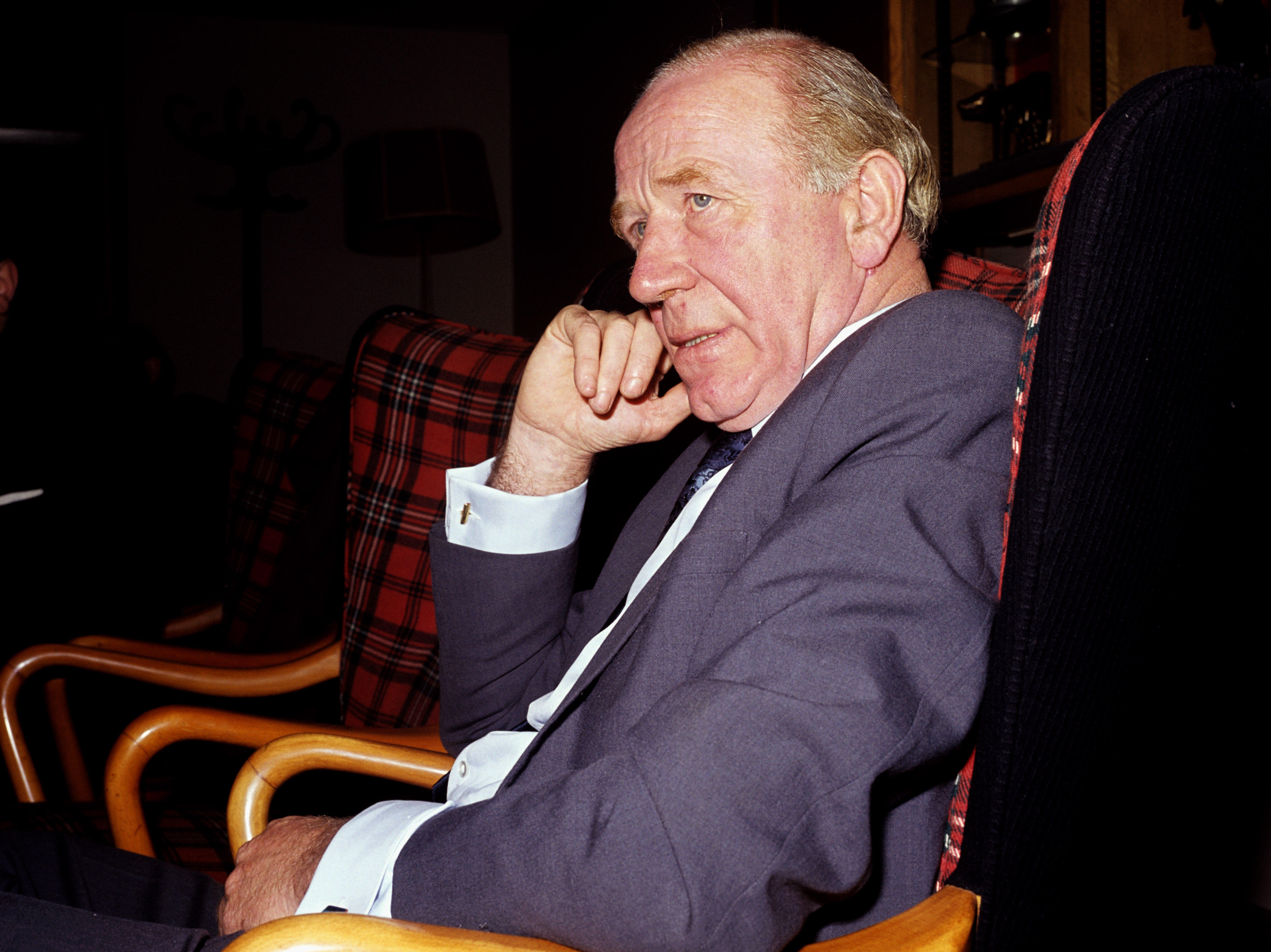
One of the most iconic managers in the history of English football, the Scot turned out for Manchester City and Liverpool as a player but will forever be associated with Manchester United after overcoming unthinkable tragedy to build up a European Cup-winning side.
Busby's United side had won three league titles in the 1950s before his great side suffered the Munich tragedy of 1958, which killed 23 people, including eight United players, and injured others, including Busby himself.
But over the next ten years, Busby built back up a new-look side that went on to win an FA Cup, two more league titles and become England's first European Champions, earning Sir Matt a knighthood in the process.
6. Sir Bobby Charlton
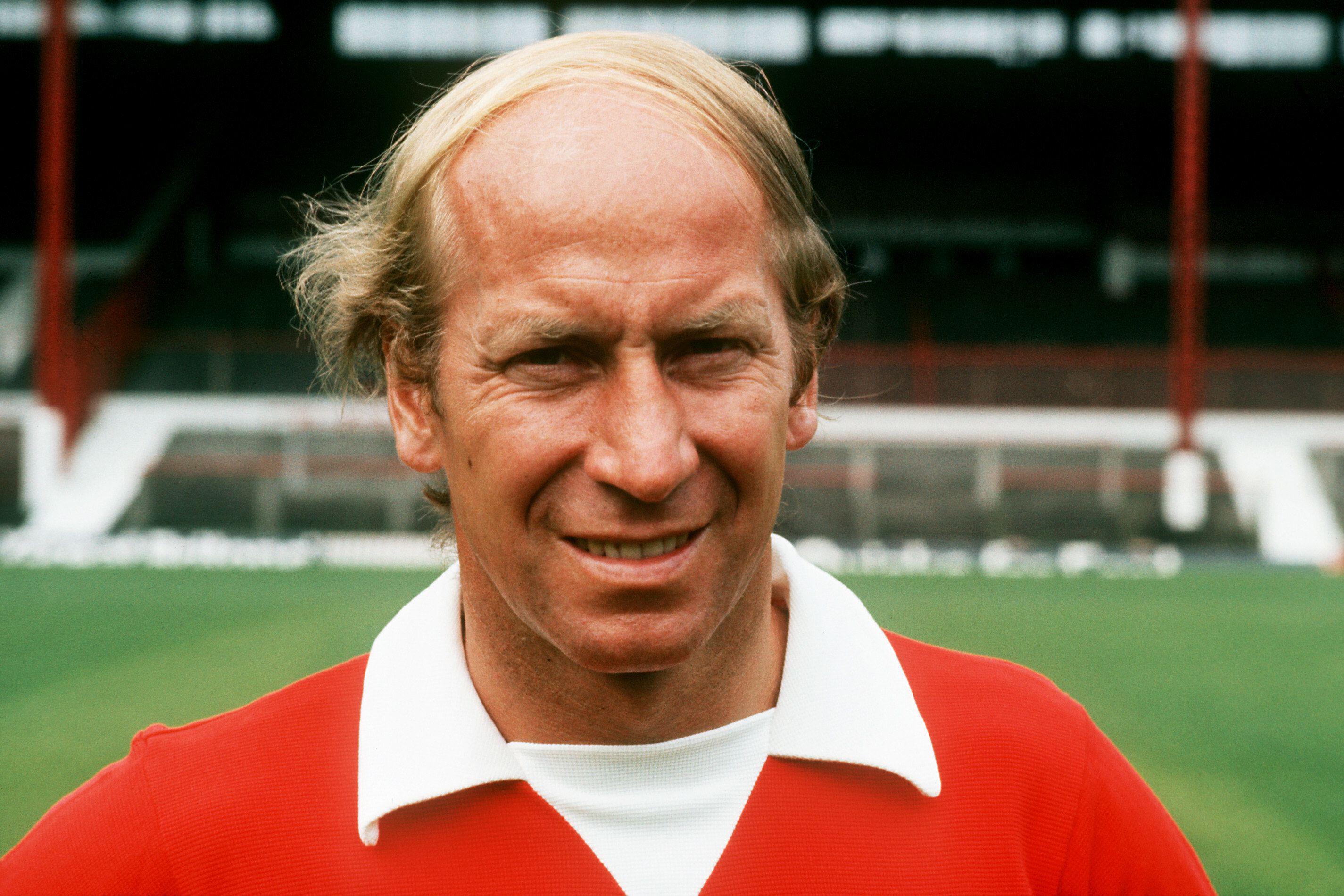
The star of both Ramsey's England side and Busby's United side, Sir Bobby won virtually everything in a glittering playing career and scooped a bevy of individual awards along the way.
Charlton scooped the 1966 Ballon d'Or, the World Cup Golden Ball, and had the distinction of being the all-time leading goalscorer for both Manchester United and England for over 40 years before Wayne Rooney broke both records.
Even with knighthoods still relatively uncommon for footballers at that time, it beggars belief that it took until 1994 for Sir Bobby to receive his knighthood.
7. Sir Tom Finney
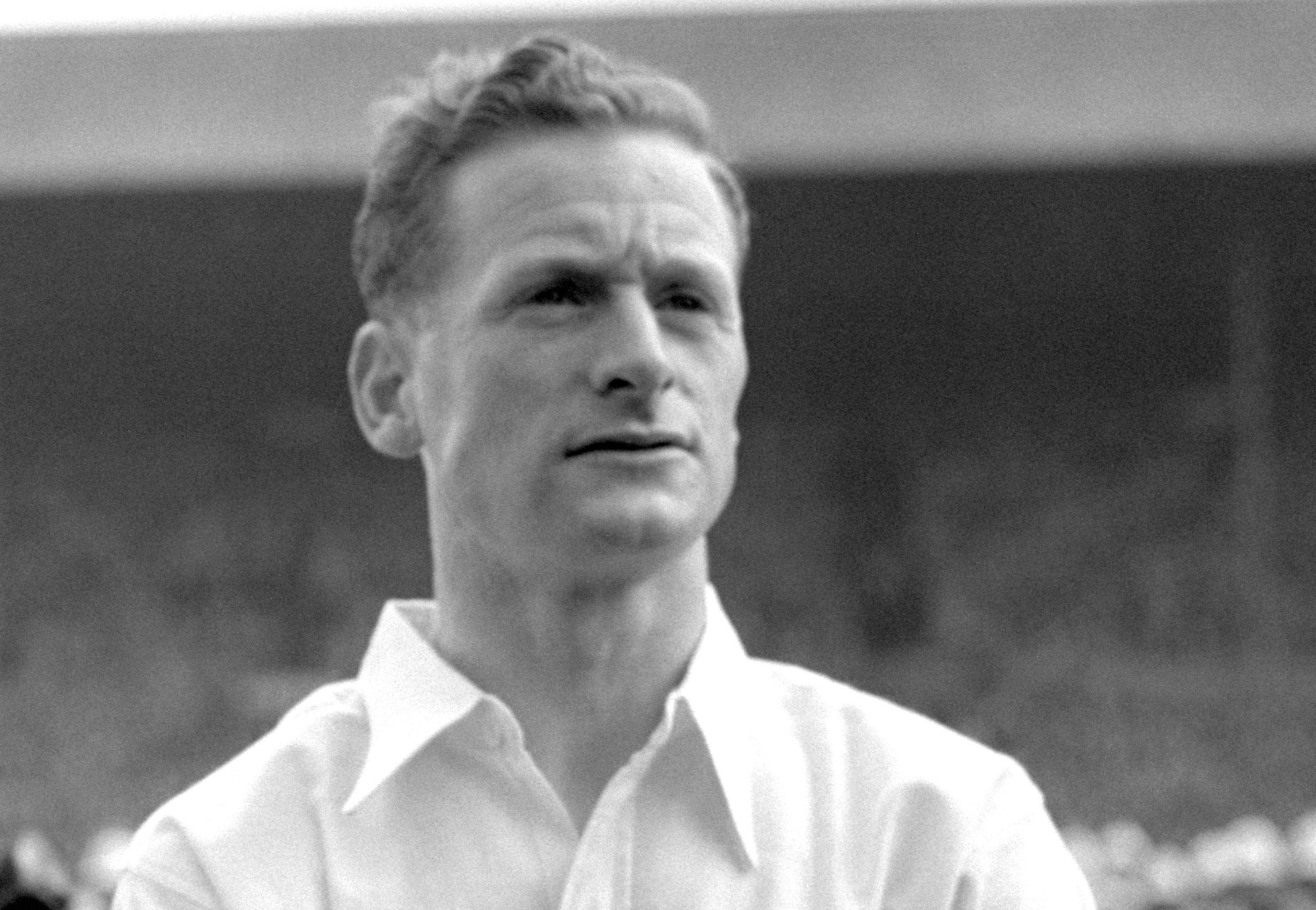
Also recognised by probably the best football statue ever erected, Sir Tom Finney was once described by former Preston North End teammate Bill Shankly as, “the greatest player I ever saw, bar none.”
That is exceptionally high praise for a contemporary of Sir Stanley Matthews, who himself put Finney up there alongside Alfredo Di Stefano, Pele, George Best and Diego Maradona for his ability to take total control of games consistently.
As well as his 210 goals in 473 appearances for PNE, Finney was at one time England's all-time record goalscorer - albeit only briefly - and was knighted in 1998.
8. Sir Geoff Hurst
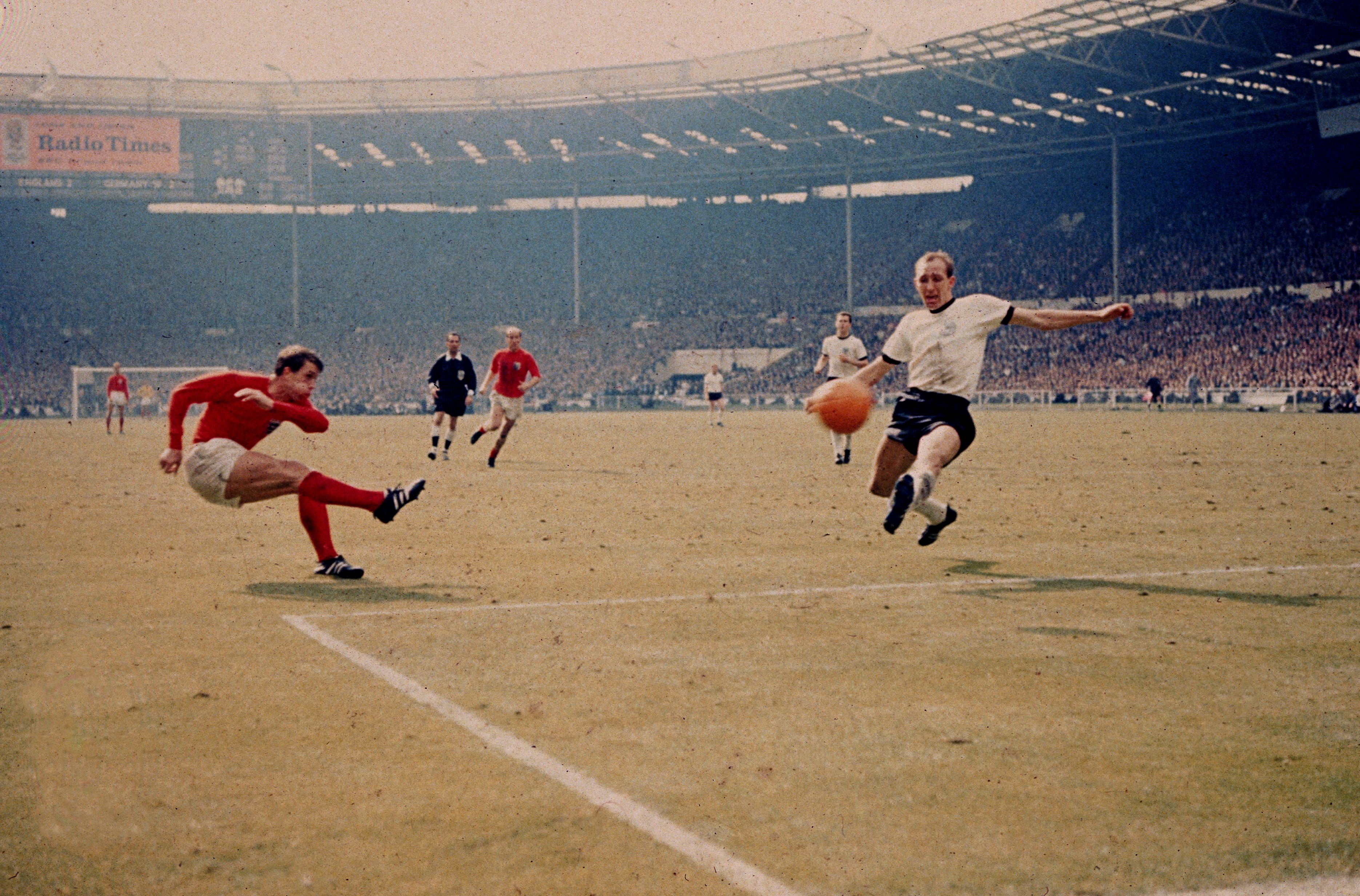
Sir Geoff Hurst was a very, very good centre-forward who won plenty across his career at West Ham United, for whom he scored 252 goals and won the FA Cup and the Cup Winners' Cup.
But it was that World Cup win in 1966 - and Hurst's crucial role in winning the final for England with a sensational hat-trick - that really led to his knighthood, which finally came in 1998.
9. Sir Alex Ferguson
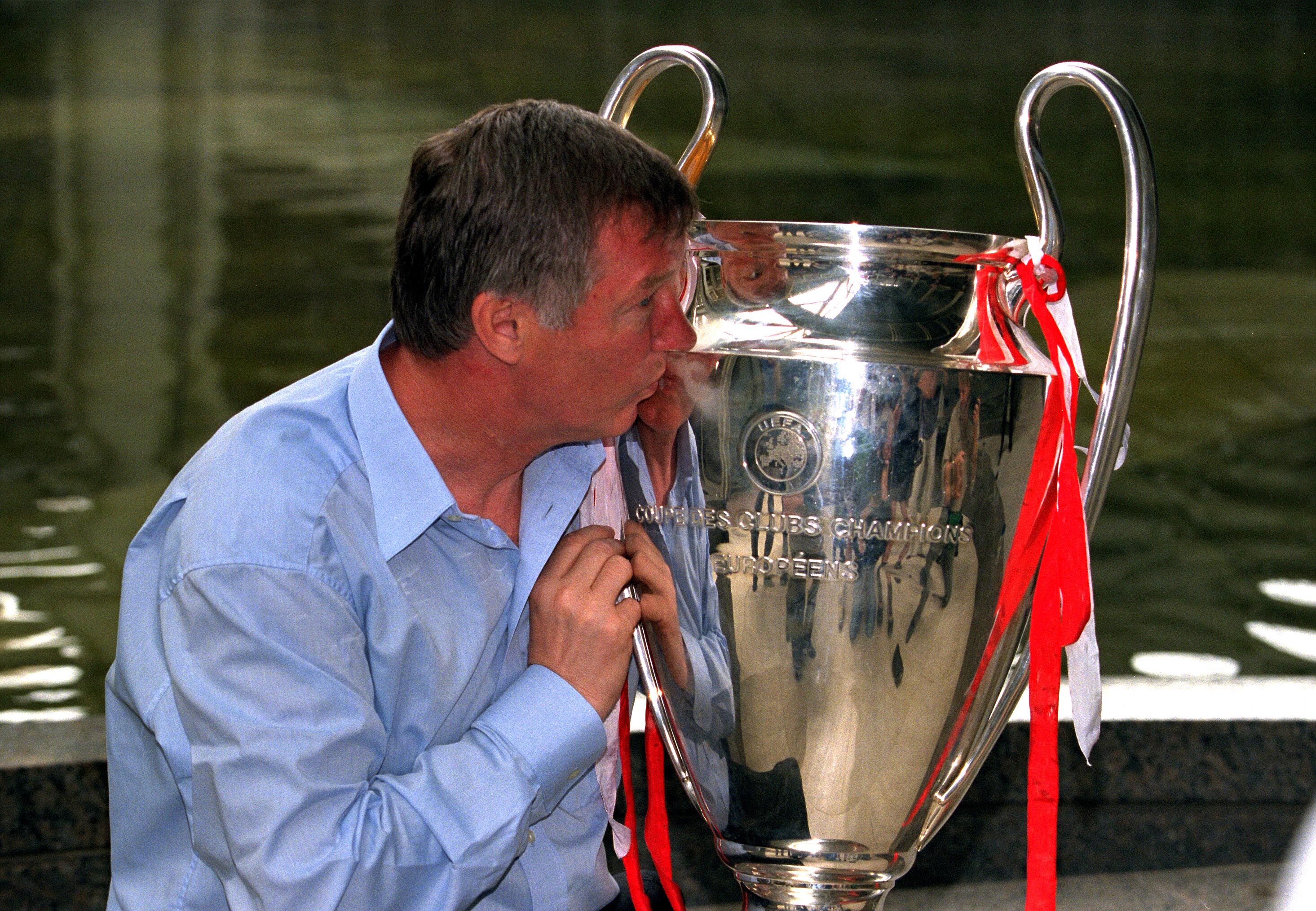
Royal attitudes towards footballers had begun to soften in the 1990s, and having waited decades to recognise the likes of Charlton, Finney and Hurst, they did not wait around to recognise Alex Ferguson.
The Manchester United boss was knighted just months after leading his side to a then-unprecedented treble in 1999, having also taken Aberdeen to the Cup Winners' Cup 16 years earlier - to say nothing of his multiple league titles with both clubs.
Incredibly, at that point Ferguson he was less than halfway through an incredible trophy tally that just kept growing until his retirement in 2013.
10. Sir Bobby Robson

You'd have to go really out of your way to find anyone with a bad word to say about Sir Bobby Robson - but his accomplishments as a manager spoke for themselves.
Robson revived an ailing Ipswich to take them on multiple jaunts into Europe, with their 1981 UEFA Cup win earning him the England manager's job a year later. After riding out plenty of derision, Robson memorably took a decades-underperforming England to a heartbreaking semi-final defeat at the 1990 World Cup.
Sir Bobby went on to win yet more silverware at PSV, Porto and Barcelona before taking over at his beloved Newcastle, where he was in charge at the time of his knighthood in 2002.
11. Sir Trevor Brooking
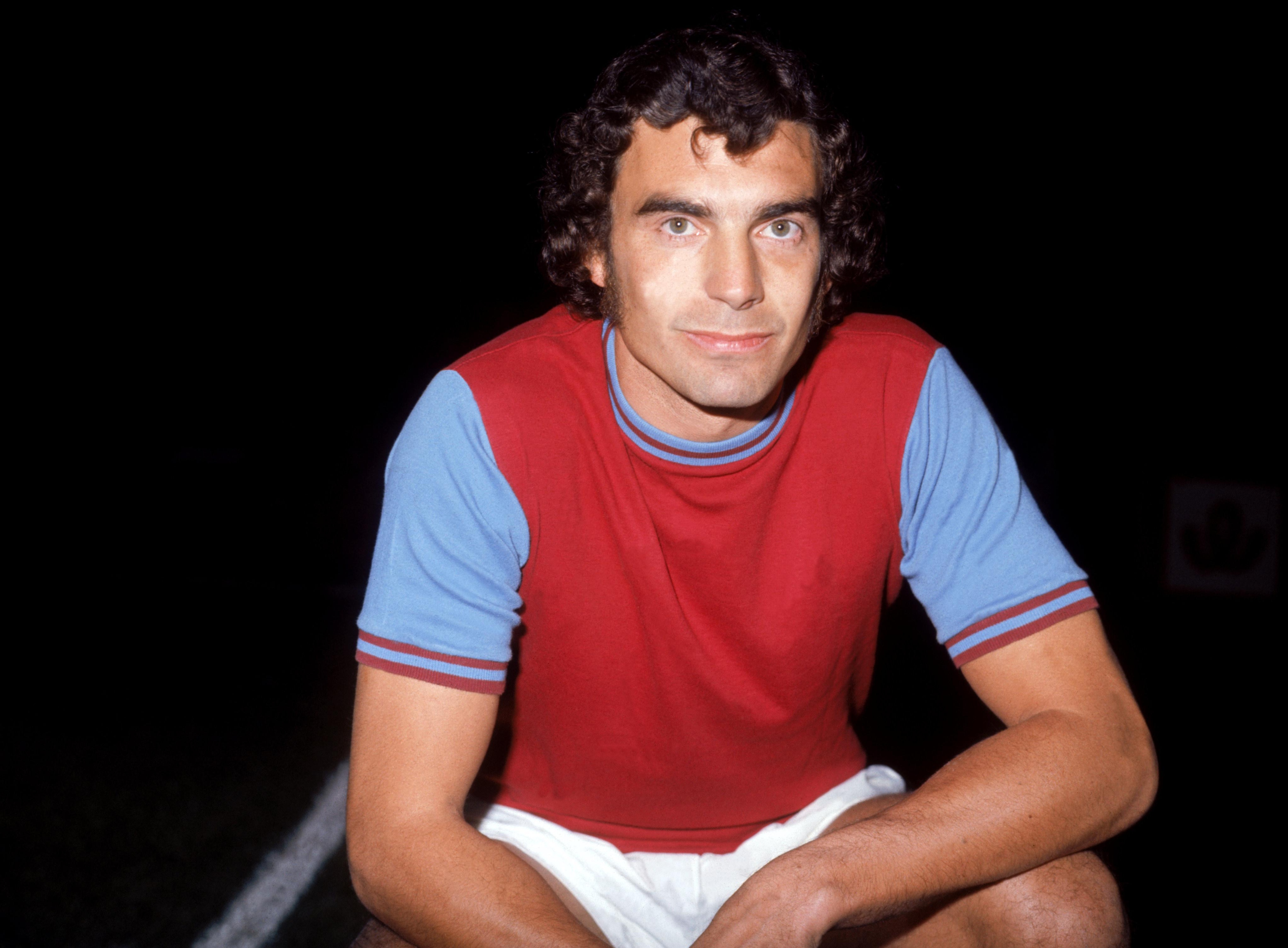
Another practically one-club man, Brooking was a first team regular for West Ham for 17 years and was a key figure in their most successful ever period, winning two FA Cups and helping them to the Cup Winners Cup final.
Of course, being West Ham, there was a relegation in there as well, but Brooking stayed loyal to help them climb back into the top flight, all the while keeping his place in the England side. Oh: and one of those FA Cups, in 1980, came when they were still in the second tier, too.
An affable personality, Sir Trevor was well-suited to both his post-playing careers as a broadcaster and as an administrator, serving as chairman of Sport England around the turn of the millennium before stepping into the role of the FA's Director of Football development in 2004 (the same year he was knighted), the fruits of which we have seen over the past 21 years.
12. Sir Kenny Dalglish
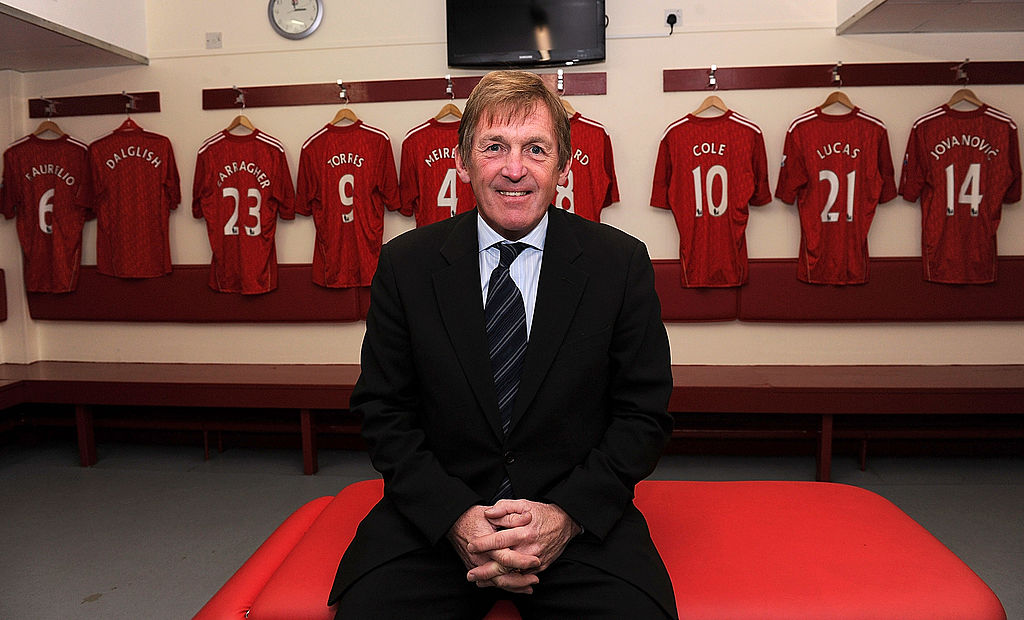
Dalglish is an absolute rarity: a figure who was regarded as one of the best in the world as a player, and then actually went on to achieve huge success as a manager.
After a brilliant and decorated spell at Celtic, Dalglish was tasked with replacing the seemingly irreplaceable Kevin Keegan at Liverpool in 1977. He didn't just live up to that task, but exceeded it, leading the line and later forming a sensational partnership with Ian Rush as he helped fire Liverpool to three European cups and six league titles - one of which was won with Dalglish as player-manager.
Sir Kenny added a further three league titles as an out-and-out manager (two with Liverpool, one with Blackburn Rovers), and was recognised for the enormous weight with which he helped carry Liverpool through the fallout of the Hillsborough tragedy both as a club and as a city. His knighthood came in 2018.
13. Sir Gareth Southgate
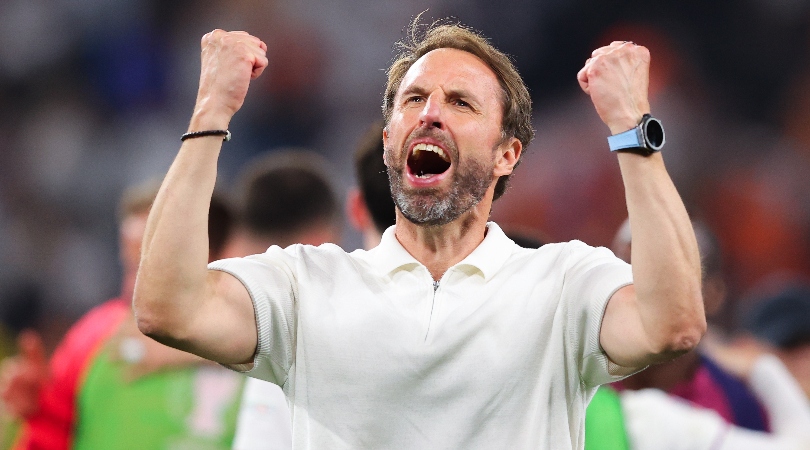
The most recent footballer to receive a knighthood, Southgate had a perfectly respectable playing career with Crystal Palace, Aston Villa and Middlesbrough, during which he earned 57 England caps.
But it was after getting the unexpected and unplanned chance to manage the Three Lions that Southgate really came into his own. Southgate at first took over as caretaker boss England's humiliations at the 2014 World Cup and Euro 2016 and Sam Allardyce's embarrassingly short-lived spell as Roy Hodgson's replacement.
As it turned out, Southgate was ideal for the job. A newly-invigorated and motivated England reached the semi-finals of his first tournament in charge - the 2018 World Cup - and went on to reach the final at back-to-back Euros in 2021 and 2024. Both ended in defeat, but Southgate had inspired England to dream again, and he was recognised with a knighthood in 2025's new year's honours list.
Steven Chicken has been working as a football writer since 2009, taking in stints with Football365 and the Huddersfield Examiner. Steven still covers Huddersfield Town home and away for his own publication, WeAreTerriers.com. Steven is a two-time nominee for Regional Journalist of the Year at the prestigious British Sports Journalism Awards, making the shortlist in 2020 and 2023.
 Join The Club
Join The Club






